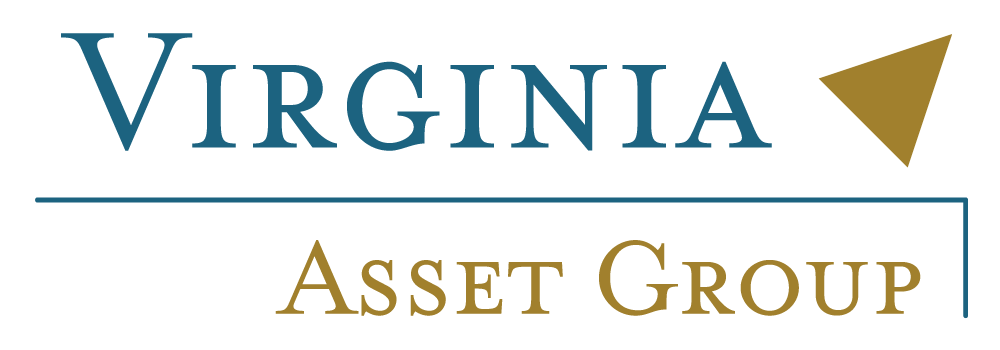There are basically two types of life insurance: permanent (cash value) and term insurance. When you buy term insurance, you are simply paying for a death benefit that goes to your beneficiary. When you buy any type of cash value life insurance, you also accumulate savings that you can use during your lifetime. The three basic types of cash value life insurance are whole life, universal life, and variable (universal) life.
Some consider the cash value portion of the insurance as a savings or investment for the future, perhaps to supplement their retirement income. Those who need substantial amount of life insurance are better served by buying term insurance because those premium dollars go a lot farther—you get a substantially larger death benefit with term insurance. Because term insurance is more affordable, particularly for younger people, you shouldn't have to worry about being underinsured.
Cash value insurance, however, can be useful if you're planning to keep your life insurance throughout retirement, when term insurance gets to be prohibitively expensive. Certain cash-value policies, such as universal life with its flexible premiums, can also be useful for those who are highly "rated." (A rated policy causes the premium to go up because of increased chances of death due to an illness or occupation/avocation hazard). For more information on this topic, see the section on Life Insurance.






